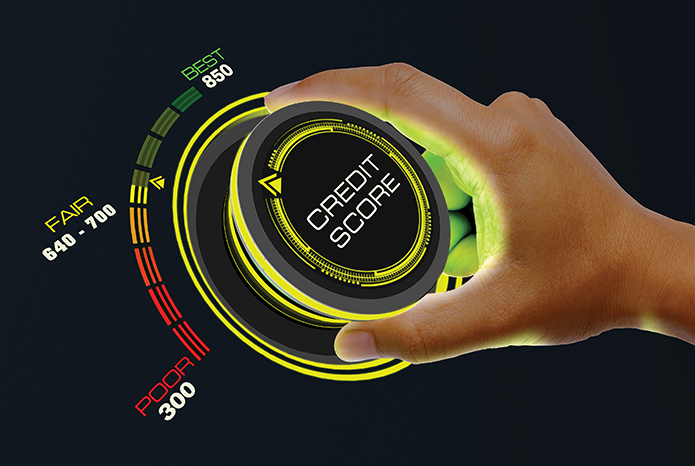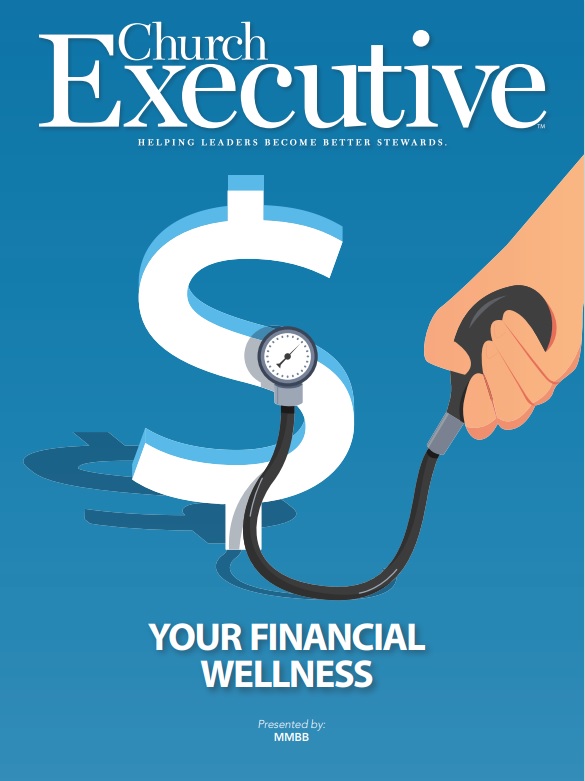
 By Colin Nass, CFP®, AEP®, RICP®
By Colin Nass, CFP®, AEP®, RICP®
Your credit score is one of your most important assets.
It should be treated with care because it impacts your overall financial health. Your credit score influences how much money you’ll spend on interest and fees. A very good credit score will likely get you the best rates and terms for loans and credit cards. A lower score will likely cost you money with higher rates and might even prevent you from securing financing.
Too often, people are unaware of the actions that might be unintentionally hurting their credit score.
You might be sabotaging your credit score if any of the following actions apply:

Not paying attention to your credit balances. A good credit score is about more than paying your bills on time. Approximately 30 percent of your credit score is based on how much you owe or your amount of debt, which includes your credit utilization. According to Experian, credit utilization is the amount of revolving credit you’re currently using divided by the total amount of revolving credit you have available. In other words, it’s how much you currently owe divided by your credit limit.
A low credit utilization rate — below 30 percent — shows you’re using less of your available credit. Credit scoring models generally interpret this as an indication you’re doing a good job managing credit by not overspending; keeping your spending in check can help to increase your credit score.
As your credit utilization goes up, you might begin to see your credit score drop because this might be an indicator to lenders that you are having difficulty managing your finances.
Closing accounts. Most of us close out credit cards when we pay them off thinking it is the right move. However, this can have a negative impact on your credit score. A paid-in-full credit card or credit line has a positive effect, even if you stop using the account. But if you close the account, your overall credit utilization increases, and your credit score can potentially decrease.
Co-signing loans. This might seem like a good way to help a family member or close friend obtain a loan. But most of us do not realize that the loan appears on your credit report until it is paid in full. And, if the borrower makes late payments (or even worse defaults on the loan), it will affect your credit score.
Applying for too many credit cards. If you have good credit, you probably receive a lot of pre-approved credit card offers with better rates and terms than the card you currently have. Don’t be tempted to apply for them all. This could hurt your credit score. Credit inquiries account for approximately 10 percent of your credit score. Although this is not a big factor, you should think about the impact before you take advantage of that next preapproval.
Not monitoring your credit scores. One of the best ways to determine if you are sabotaging your credit score is to monitor it. Credit scores can change as frequently as monthly, but you won’t know it unless you are regularly monitoring yours.
If you see a significant drop in your credit score, it could indicate that your credit utilization is getting too high, you have an unsuspected late payment, or at worst that you could be a victim of identity theft. But you wouldn’t know any of this unless you are regularly monitoring your credit score.
Luckily, there are several ways to obtain and monitor your credit score for free. Annualcreditreport.com provides consumers with a free copy of your credit report every 12 months from each credit reporting company: Equifax®, Experian® and TransUnion®. Federal law allows free credit reports, so do not be fooled by websites that want to charge a fee.
Transferring balances. Consolidating your credit card balances to one card with 0% interest rate can help you save money and pay down your debt faster if you pay it off within the terms. However, if you transfer balances to a new card each year, you will not only lower your credit score, but your credit utilization will also increase if you are still using the old credit card.
Also, most balance transfer offers come with a fee of 3 percent or 5 percent1 to process the transactions.
Avoiding credit card use. Though it sounds counterintuitive, avoiding credit card use can hurt your credit score because you won’t have any credit history or the correct credit mix when you want to obtain a loan for a vehicle or a home.
According to myFICO.com, “FICO® Scores consider the combination of credit cards, retail accounts, installment loans, finance company accounts and mortgage loans” to the tune of 10 percent of your score.
You have control over your credit score and how it changes. Practice these tips to help your credit score remain stable:
• Pay your bills on time or early each month.
• Keep your debt at a minimum.
• Don’t open or close too many credit cards.
Remember, simple mistakes can damage your credit score and impact your overall financial health.
1 https://www.creditkarma.com/credit-cards/i/what-is-a-balance-transfer-fee
Colin Nass, CFP®, AEP®, RICP® is the Director of Financial Planning at MMBB Financial Services. He uses his 20+ years of financial planning and investment experience to assist members in achieving financial goals.


